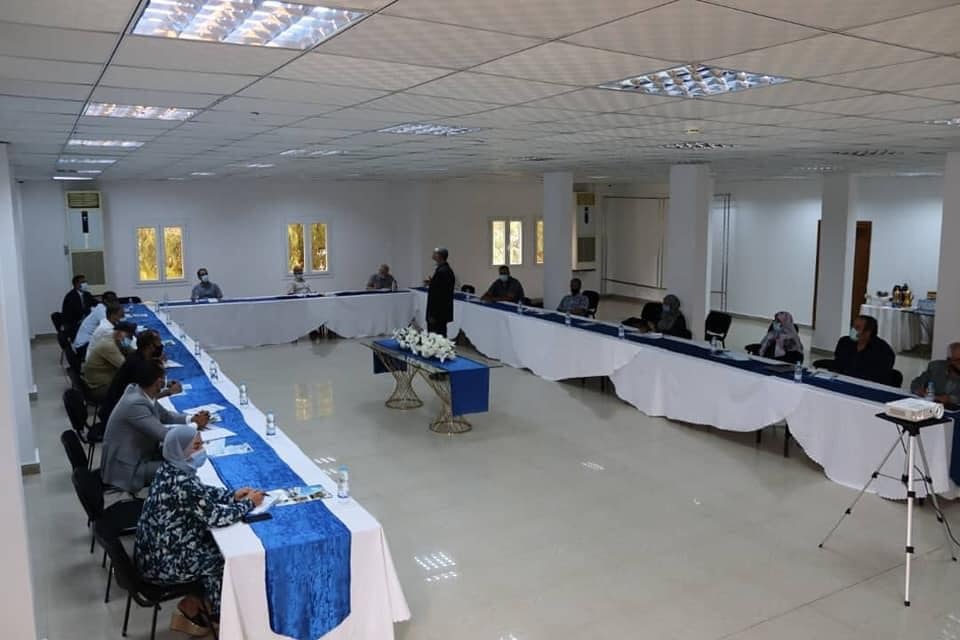The National Center for Quality Assurance and Accreditation of Educational and Training Institutions (NCQAA) in Libya has organized a workshop on the Libyan University Classification project, launched by the NCQAA earlier this month.
The step comes within the framework of rehabilitating Libyan universities competing in the Libyan universities ranking, for the year 2020, the NCQAA said on its website.
The workshop presented a detailed explanation of the quality standards and measures used in the ranking, in addition, the submission and evaluation mechanisms and the documents required in this regard.
Libya is the second country after Egypt in the 10 Arab North African states to produce a university ranking system after it was approved by Minister of Education, Mohammed Ammari Zayed last June.
The classification criteria have been developed by a national committee with an aim to enhance the quality of performance and foster a competitive environment among national universities.
The basic indicators include teaching and learning, knowledge productivity, community service, the environment, international cooperation, and university website, besides other performance sub-indicators, some were specifically designed to address Libya’s needs, such as the socio-economic and developmental impact of universities and their partnership with local organizations.
Libya has 24 public universities, 29 technological higher learning institutions, and one academy, along with seven accredited private Libyan universities and two accredited higher education institutions, according to the NCQAA.
However, none of its universities are listed among the recent lists of top-100 world-class universities.

